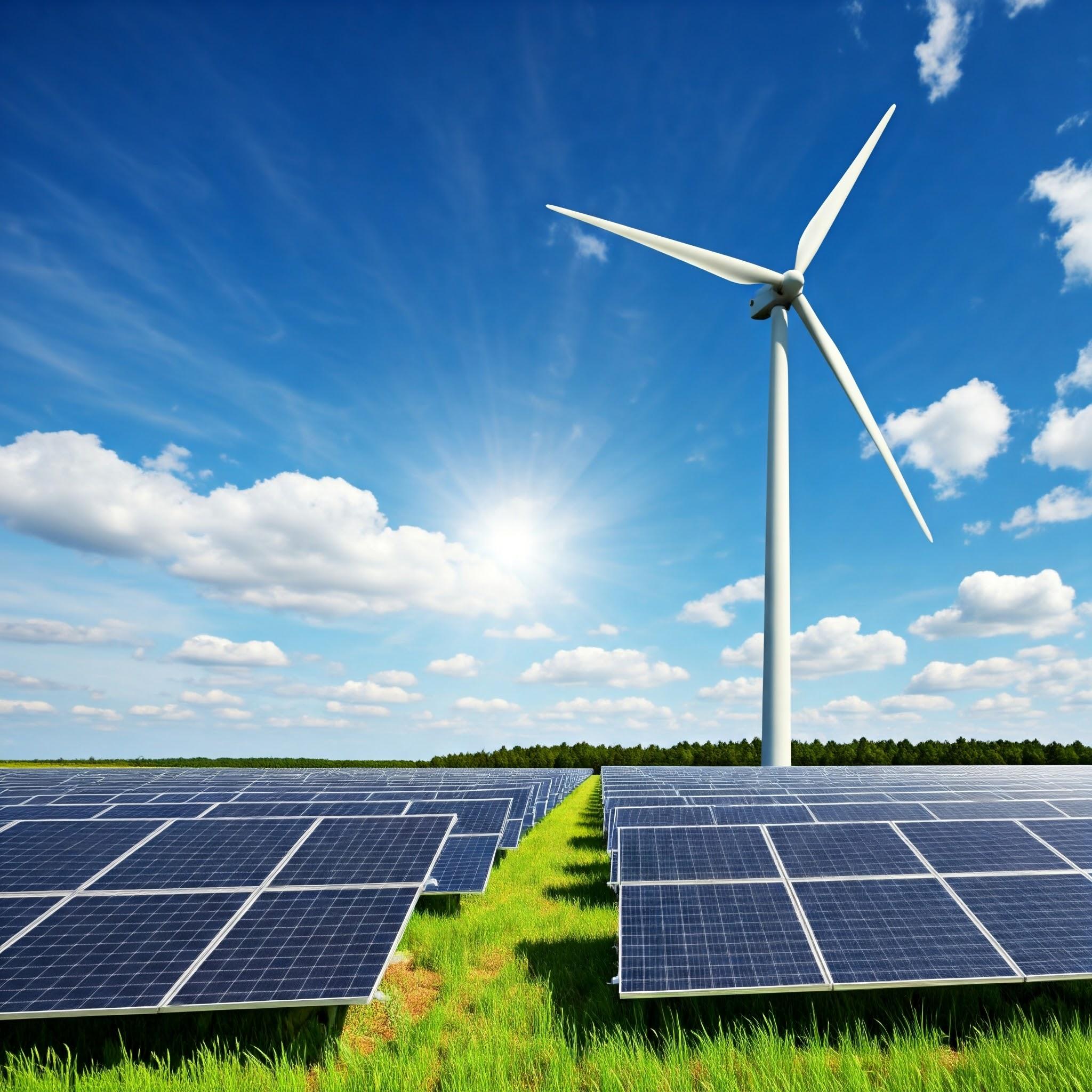Renewable energy is a critical element in advancing global sustainability and achieving the United Nations' Sustainable Development Goals (SDGs). As the world faces challenges like climate change, energy poverty, and economic inequality, renewable energy offers solutions that benefit both the environment and society.
1. Tackling Climate Change (SDG 13: Climate Action)
Climate change is one of the most pressing global challenges, and renewable energy is a key part of the solution. Solar, wind, and hydropower produce little to no greenhouse gas emissions, helping to reduce carbon footprints and mitigate the effects of global warming.
2. Affordable and Clean Energy (SDG 7)
Access to affordable, reliable energy is essential for sustainable development. Renewable energy technologies, such as solar and wind, are becoming more affordable, providing clean energy solutions for communities that lack access to electricity, especially in remote areas.
3. Economic Growth and Jobs (SDG 8)
The renewable energy sector is a significant source of job creation, offering millions of employment opportunities worldwide. It also drives economic growth by stimulating investments in green infrastructure and innovation, providing long-term sustainable development.
4. Reducing Inequality (SDG 10)
Renewable energy can help reduce global inequalities. By providing clean, affordable energy to underserved communities, it improves education, healthcare, and economic opportunities, empowering individuals in both developing and developed regions.
Conclusion
Renewable energy is essential for achieving sustainable development globally. It supports climate action, energy access, job creation, and social equality, making it a cornerstone of the global effort to create a more sustainable, resilient future for all.

